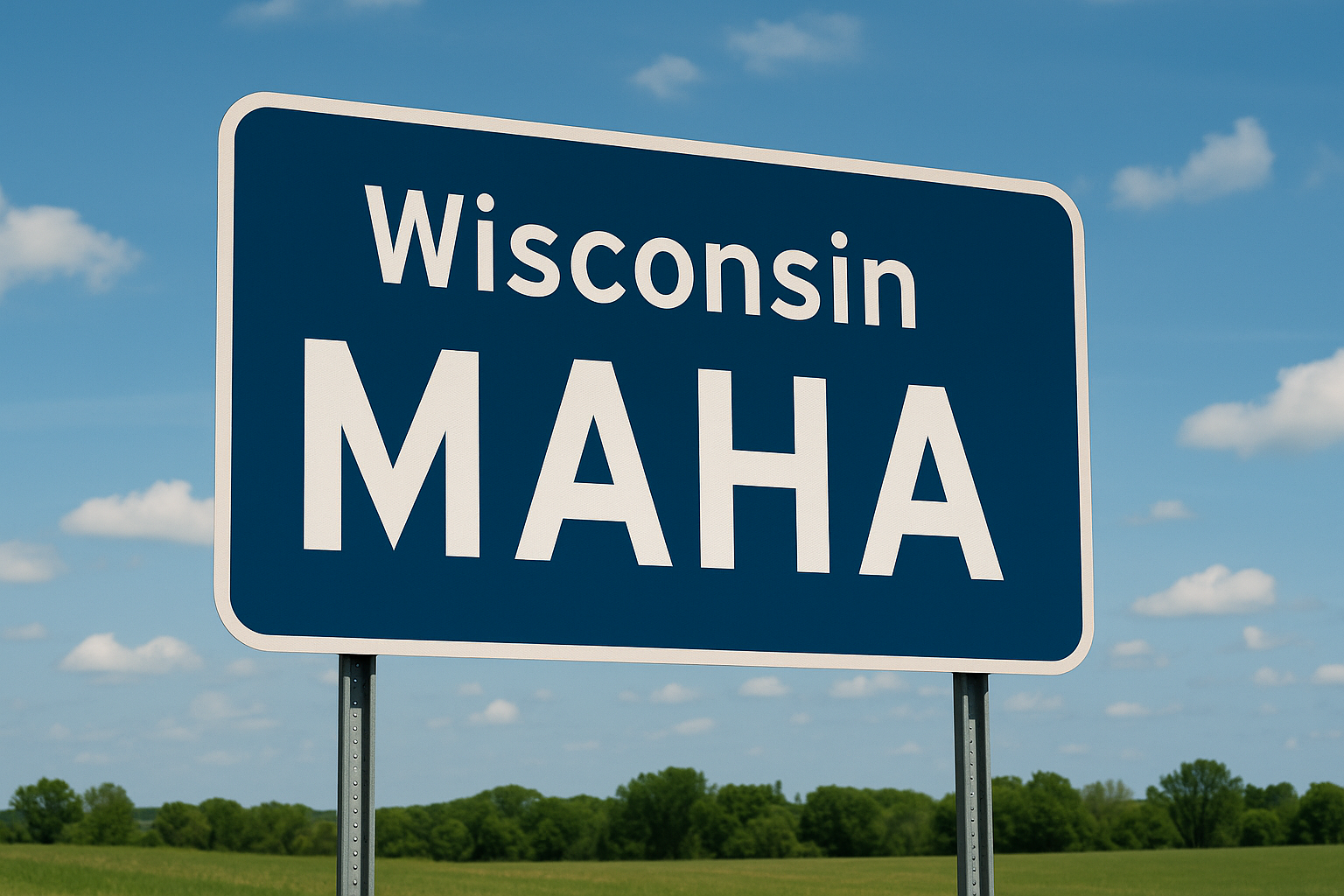Wisconsin lawmakers are considering Assembly Bill 226, aligning with the Make America Healthy Again (MAHA) movement led by Health and Human Services Secretary Robert F. Kennedy Jr. The bill prohibits public and charter schools from serving free or reduced-price meals with artificial additives linked to health risks, reflecting a national push for safer food policies.
Bill Provisions
AB 226 bans additives like Red Dye 3 (cancer-linked, FDA ban by 2027), Brominated Vegetable Oil, Potassium Bromate, Propylparaben, and Azodicarbonamide in school meals. These can still be sold by private vendors, but taxpayer-funded meals for low-income students must comply, prioritizing child health and equity.
National and State Context
On April 22, 2025, Kennedy banned six artificial dyes federally, effective 2026, citing health risks. Wisconsin’s bill follows states like West Virginia, responding to growing public demand for transparency in food safety. FDA Commissioner Marty Makary emphasized reducing childhood exposure to harmful additives, a goal echoed in Wisconsin’s proposal.
Wisconsin Implications
The bill could enhance student well-being, particularly in underserved communities, while aligning with transparency efforts in public health policy. Critics may argue it increases school costs, requiring careful implementation to balance health and budgets.
Next Steps
AB 226’s progress will depend on legislative support, potentially setting a model for other states and advancing the MAHA agenda’s focus on healthier futures.





























